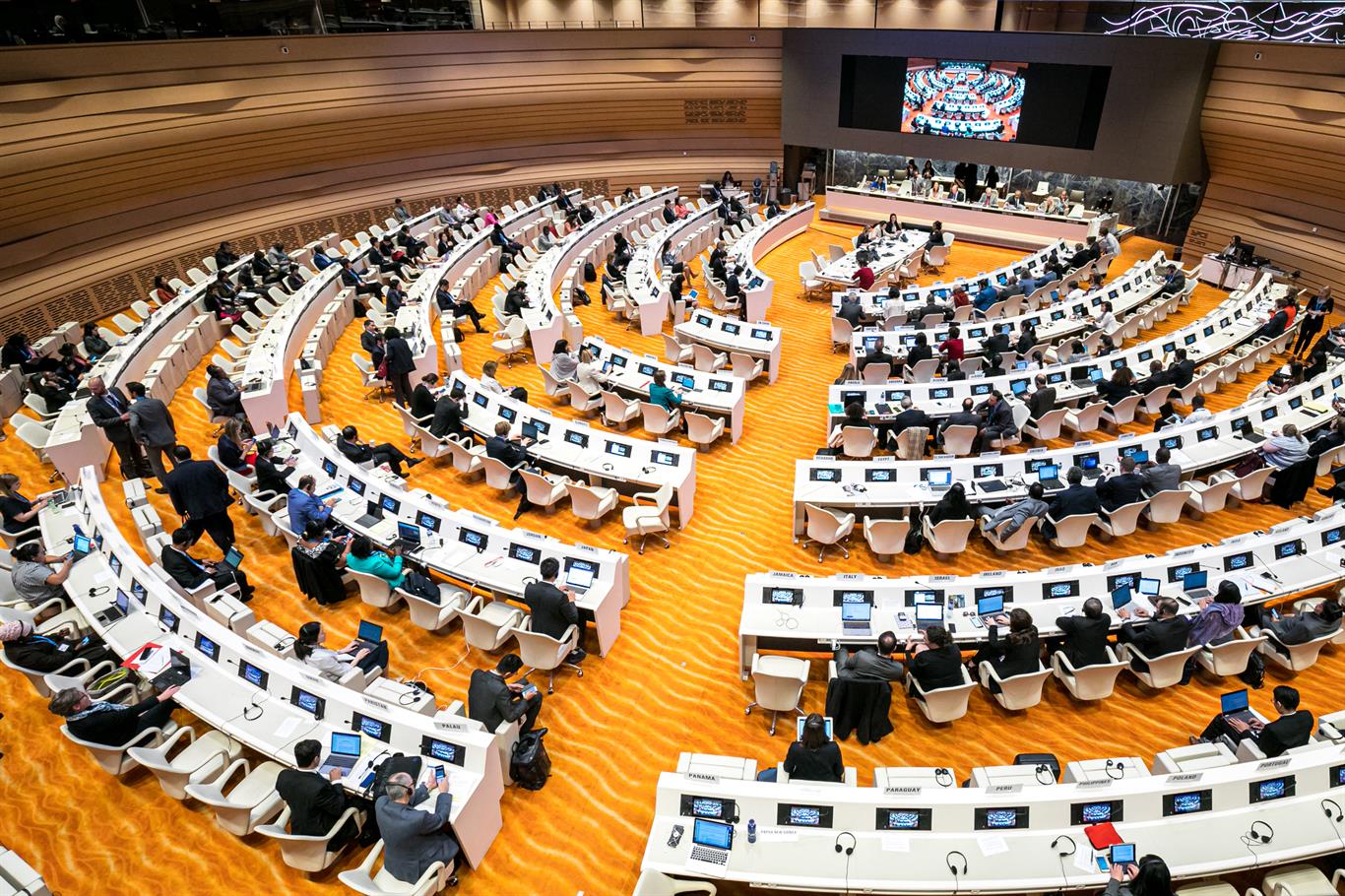WHO Officially Recognises Excessive Gaming As A Disorder
The decision was made at the 72nd World Health Assembly.
The World Health Organisation (WHO) assembly officially agreed to recognise 'gaming disorder' as an illness on Saturday, 25 May
The assembly agreed to adopt the the eleventh revision of the International Statistical Classification of Diseases and Related Health Problems (ICD-11).
Under the ICD-11, 'gaming disorder' is listed under 'Disorders due to addictive behaviours'. 'Gambling disorder' is also under the same category.
It will come into effect on 1 January, 2022.
According to WHO, the disorder is characterised by a "pattern of persistent or recurrent gaming behaviour"
The organisation also lists the following as signs of a 'gaming disorder':
- impaired control over gaming,
- increasing priority given to gaming to the extent that gaming takes precedence over other life interests and daily activities, and
- continuation or escalation of gaming despite the occurrence of negative consequences, which could include significant impairment in personal, family, social, educational, occupational or other important areas of functioning.
The disorder can have a continuous, episodic, or recurrent pattern.
Additionally, the signs have to be evident over a period of at least 12 months in order for a diagnosis to be assigned.
The decision to include 'gaming disorder' in the ICD-11 was made based on reviews of available evidence
"A decision on inclusion of gaming disorder in ICD-11 is based on reviews of available evidence and reflects a consensus of experts from different disciplines and geographical regions that were involved in the process of technical consultations undertaken by WHO in the process of ICD-11 development," the organisation said on the disorder's Q&A page.
The inclusion of gaming disorder in ICD-11 follows the development of treatment programmes for people with health conditions identical to those characteristic of gaming disorder in many parts of the world.
However, WHO has assured that studies have shown that the disorder only affects a small proportion of gamers
"People who partake in gaming should be alert to the amount of time they spend on gaming activities," the organisation said on a Q&A page about the disorder.
"Particularly when it is to the exclusion of other daily activities, as well as to any changes in their physical or psychological health and social functioning that could be attributed to their pattern of gaming behaviour."


